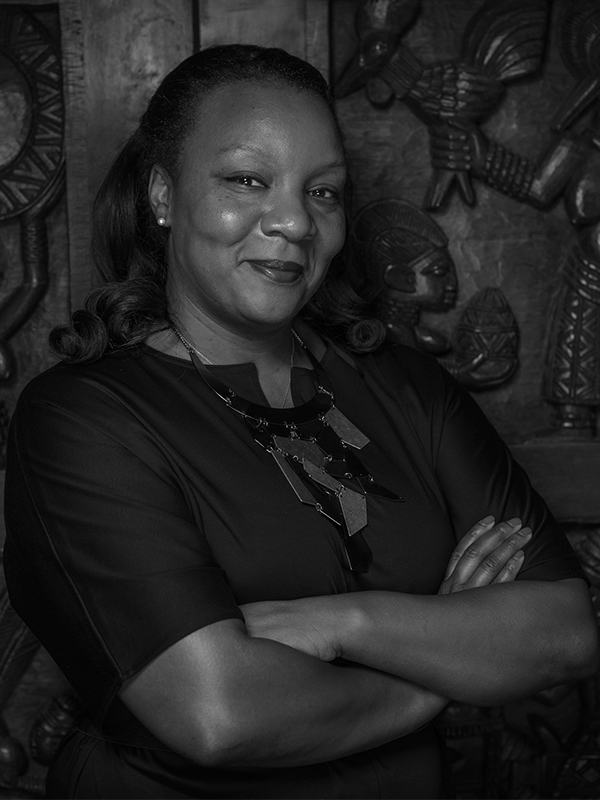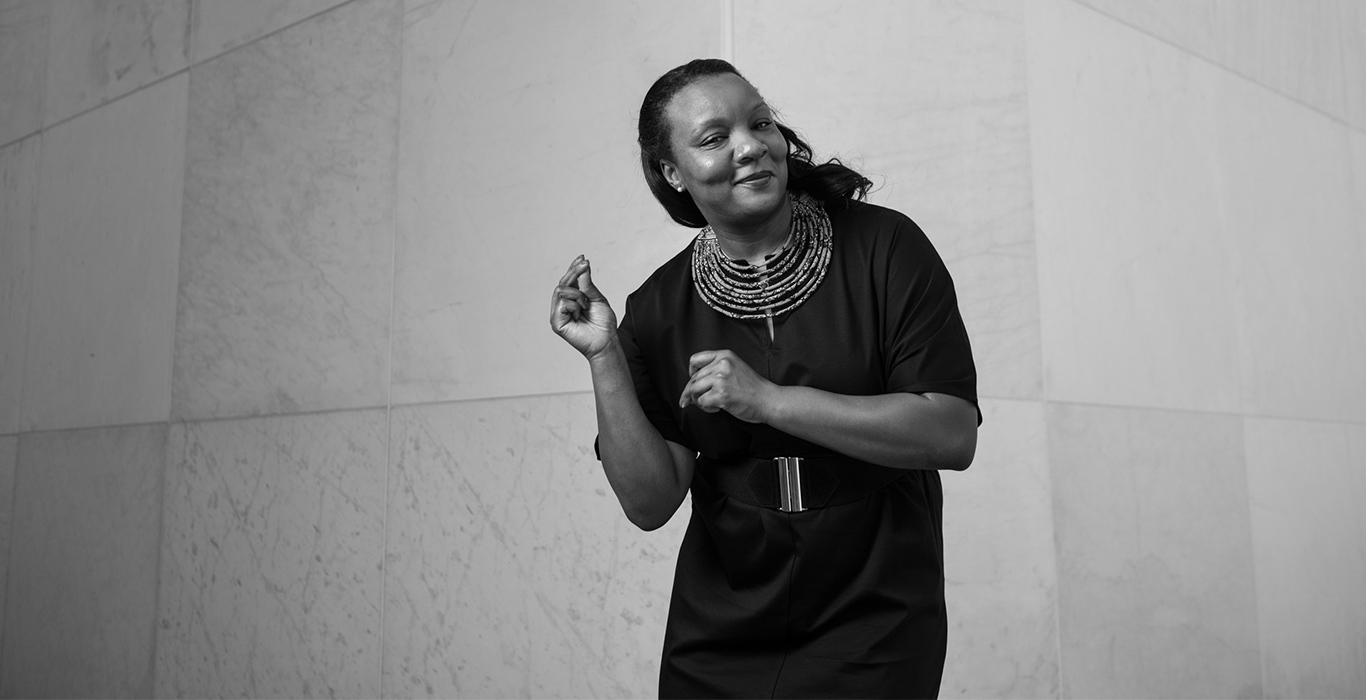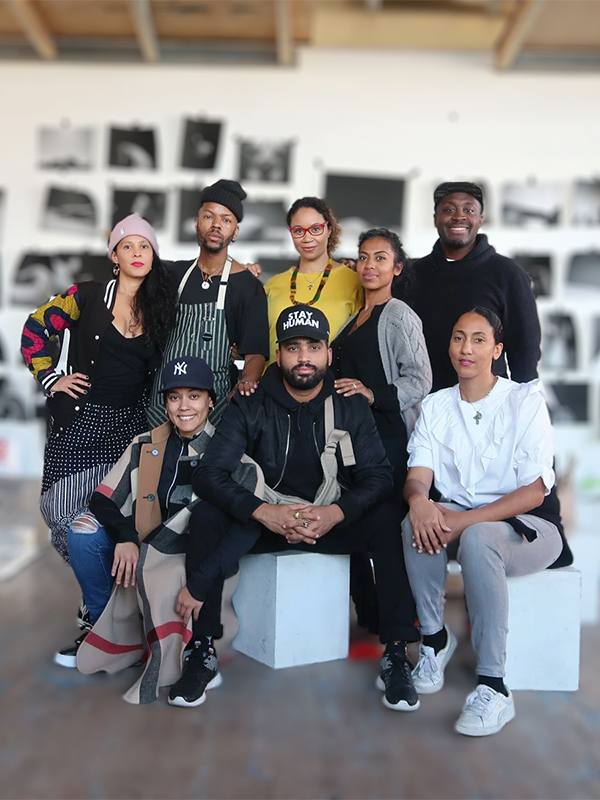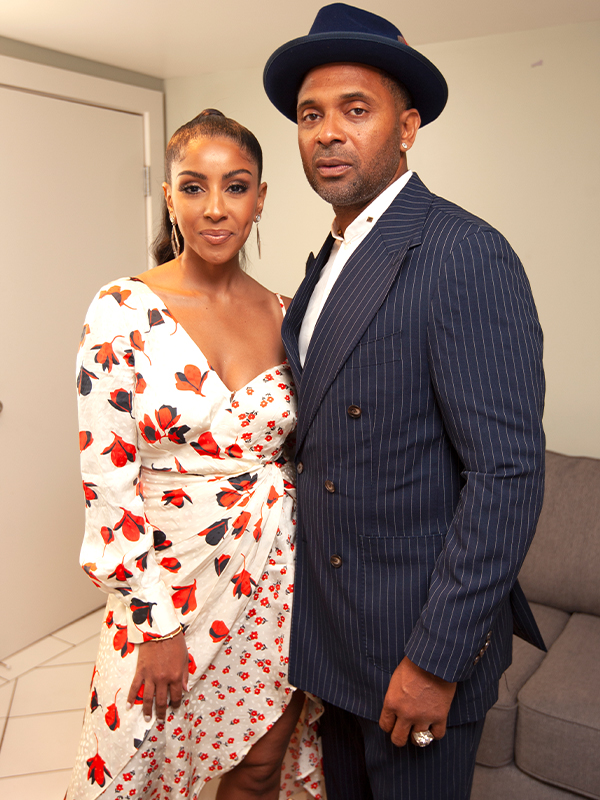There’s no shortage of visionaries emerging from the Black community, but these creatives are far too often overlooked and undervalued across industries. Simone Eccleston is dedicated to ensuring these “geniuses” (as she calls them) have access to an ecosystem of opportunity.
Eccleston was inspired to launch the Black Genius Foundation during the summer of 2021—a platform that serves as a “catalyst for equity, self-determination and an expansive future for communities of the African Diaspora,” through grants, awards, public programs and digital initiatives. This includes access to a network of ambassadors and advisors: experienced choreographers, dancers, vocalists, composers, film and TV directors and arts curators who support the building of talent pipelines.
To double down on this effort, the organization just announced the launch of its “Keep It 100” fundraising campaign, which invites supporters to donate $100 or more to the foundation. The money will be used to fund the inaugural Black Genius prizes and Strokes of Genius awards, to be granted later this year.
This kind of work is nothing new for Eccleston. She’s dedicated nearly 20 years of her life to celebrating and investing in creatives of color through her work with projects like the Harlem Stage and currently as the very first Director of Hip Hop Culture and Contemporary Music at the esteemed Kennedy Center. We spoke to Eccleston about why this work is so important, her long-term vision for the Black Genius Foundation and how people can support the cause.
What was the impetus for the creation of the Black Genius Foundation and how would you describe the work that it does?
Simone Eccleston: In the height of the pandemic, I watched Toni Morrison’s The Pieces I Am. She [wrote] out of the culture, for the culture and through it. And that culture said amen, right? So this work is about saying amen. This work is about creating a praise song for future generations. And most of all, this work is about showing our gratitude and our love for the ways in which Black artists have helped to provide the narratives to our lives, the soundtracks to our lives. They’ve walked this journey with us, challenged us to see things differently, provided opportunities for us to see ourselves with greater humanity, dynamism, complexity, and nuance. And so, this is our opportunity to say, “Thank you for walking with us. We are also walking with you. We celebrate you. We see you. Thank you for seeing us. We love you.”
What kind of support do you offer to those you’ve identified as Black geniuses?
SE: The core of our work centers on financial support. Financial resource, it’s a tool. Our commitment is also about building the ecosystem. You [can] receive financial support through Strokes of Genius, which is our open application program that supports the creation of new work.
[We’re also creating] a platform for the presentation of the work through some of our institutional partners and then beyond that, making sure that we’re able to deepen public knowledge and appreciation, because oftentimes we talk about Black genius informally. You’ve had the conversation with your friends in your circles, et cetera, but this is about creating space to codify it in a way that is multidimensional and holistic, and also to create space for nuance and complexity.
And then, [creating] pathways to audiences for engagement is important to support Black artists. Go to their shows, buy art, support live presentations. We must continue to give flowers. It’s significant for artists to know how valuable and meaningful the ways in which they’ve been able to contribute to our lives is in real time, while they can still hear it.
What is your long-term vision for the foundation?
SE: We have a 20-year vision for impact. It’s our goal to distribute $12.9 million in funding to provide 476 awards in support of Black genius, support almost 450 artists and cultural producers, 240 new works as well as 20 organizations. [We’d like] to get 51% of our funding from the Black philanthropic community. We see this as an opportunity to demonstrate the power of the village. We have the capacity to support and galvanize around our work, and to demonstrate that we have all that we need. That’s the goal.
This interview has been edited and condensed for clarity.














